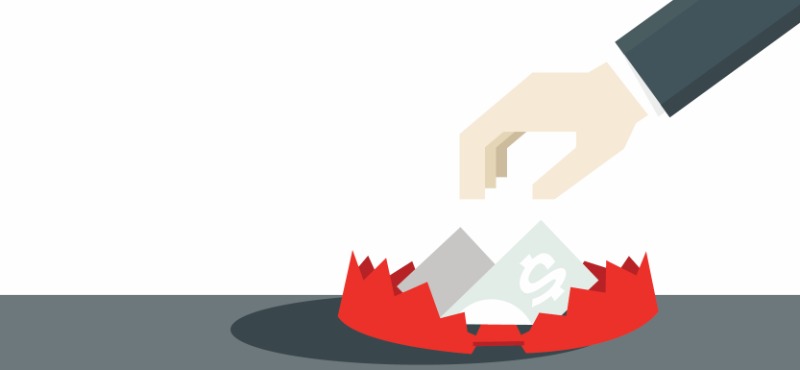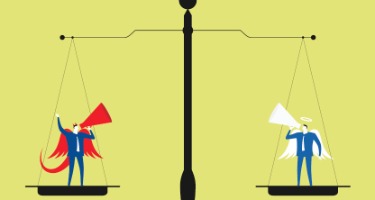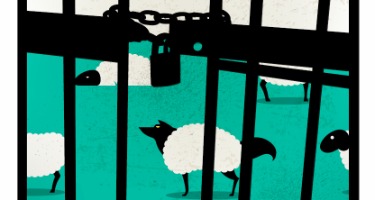Former U.S. Supreme Court Chief Justice Earl Warren used to say, “I always turn to the sports pages first, which records people’s accomplishments. The front page has nothing but man’s failures.”
This is true today more than ever. What were the boards of some large U.S. banking and manufacturing businesses thinking when they hired their CEOs? Where did these guys come from? Supposedly smart, talented, extremely well educated, and paid more money than their colleagues could ever hope to earn, they resorted to cheating—or at least created an environment where cheating for reward was possible. The ramifications to their companies, employees, customers, and industries are devastating. The monetary damages from shareholder and customer class actions and government penalties will be enormous, to say nothing of the long-term brand damage. Where were those directors in overseeing the policies and management of those companies?
But who in the banking industry really believed that, after Dodd–Frank, volume-based incentives would ever again make sense in banking? Yet six years later, we have sophisticated U.S. banks still incentivizing employees on a volume basis for opening fictitious deposit accounts and credit cards, and perhaps for originating loans for the sake of volume—the exact problem that led to the Recession in 2008 and the passage of Dodd–Frank, with its incentive compensation risktaking restrictions.
Six year later, we have sophisticated U.S. banks still incentivizing employees on a volume basis for opening fictitious deposit accounts and credit cards.
There’s no doubt that banking has become a very difficult business. Gone are the days of lending it out at six percent, taking it in at three percent, and being on the first tee by 3:00 p.m. As interest margins remain compressed and regulatory and operating expenses climb, banking becomes more of a public utility, expected to provide basic financial services within a very harsh regulatory environment and against difficult competitors and unregulated alternatives. Meaningful opportunity for revenue growth is limited. That, of course, does not justify unethical—and perhaps criminal—conduct in the hope of increasing revenue and return to shareholders, including management and director shareholders. It is really just evidence of laziness and arrogance. All businesses face challenges in a rapidly changing world of high economic expectations, but truly successful companies are smart, innovative, and focused on the best interests of their customers. They realize that profit evolves from the satisfaction of their customers. If you provide something customers need and want, you succeed. Customers do not need unauthorized accounts and credit cards. How could such an approach advance the interests of customers or the bank?
So how do I financially incentivize bank employees to sell services? Quality and desirable services are the first premise—if I don’t have what my customers need and cannot provide it at a reasonable price, I cannot succeed. But I can create incentives that have a volume aspect if I add a quality requirement to earn the incentive. Accounts, loans, credit cards, etc., have to be outstanding for some minimal period of time and be used by the customer in a way that illustrates that this arrangement is beneficial to the customer and profitable to the bank. Banking is a relationship sport, and incentives should relate to the development of the quality of that relationship over some basic time frame, not just to the generation of raw numbers. Only after that quality is achieved should the incentive be paid. If banking is treated as a commodity business, we may only need one bank.
Earl Warren also said, “I hate banks. They do nothing positive for anybody except take care of themselves. They’re first in with their fees and first out when there’s trouble.” That generalization is not the case with all banks, of course, but it is a common belief. The industry now has to work that much harder in this difficult environment to convince their customers that they are in it to serve them.

























